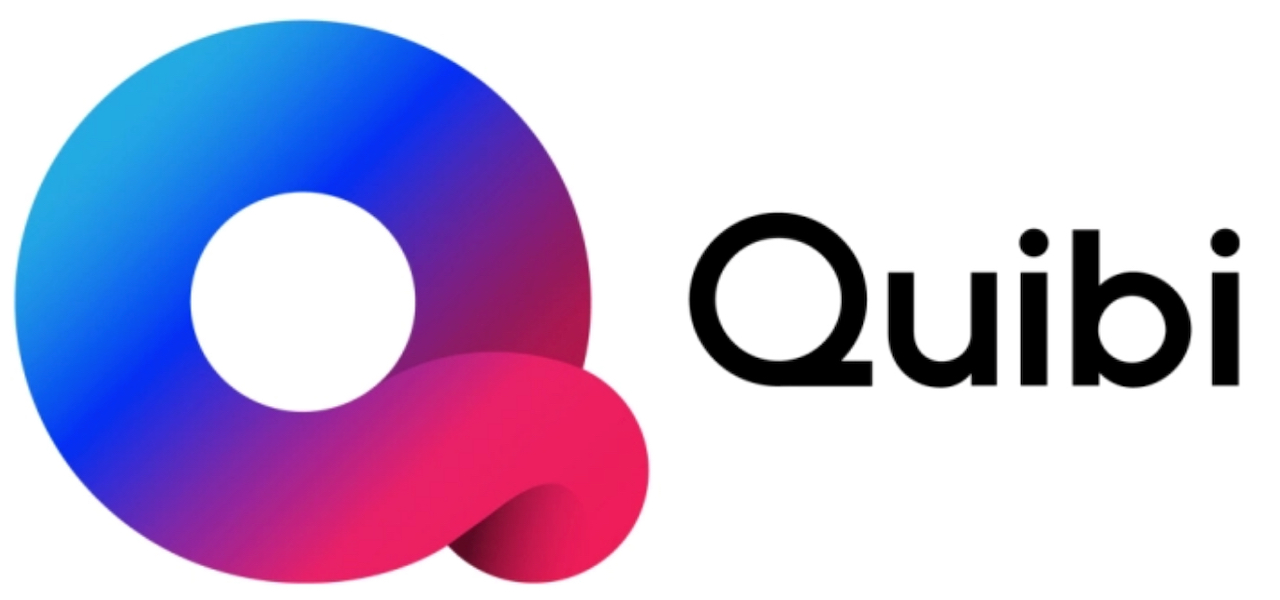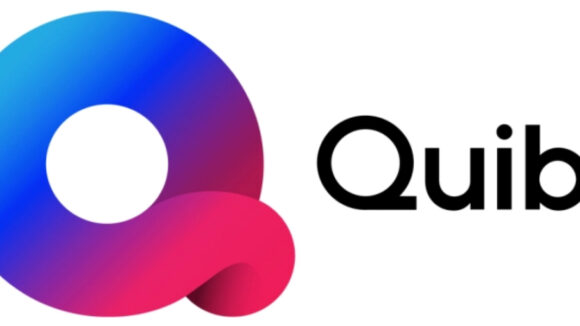

QuiBYE! Jeffrey Katzenberg’s Quibi Folds After Six Months
The story of Quibi, the streaming platform dedicated to short-form content, has itself been cut short. Barely six months after launching, the service is shutting down after its subscriber growth fell far short of expectations.
Having raised an impressive $1.75 billion from the likes of Disney, Viacom, major banks, and all the Hollywood studios, Quibi is reportedly planning to return the remaining $350 million to investors. Its 200-odd employees will lose their jobs and dozens of shows from production partners will be left in limbo.
The company had aimed to secure 7.4 million paying subscribers in its first year, according to The Wall Street Journal. It currently has around 500,000.
In a Medium post, founder Jeffrey Katzenberg and CEO Meg Whitman wrote: “We started with the idea to create the next generation of storytelling and because of you, we were able to create and deliver the best version of what we imagined Quibi to be. So it is with an incredibly heavy heart that today we are announcing that we are winding down the business and looking to sell its content and technology assets.”
Quibi debuted in April with a simple sell: it would package scripted and unscripted content, in chunks of no more than ten minutes, for viewers to consume on the go — while commuting, say, or waiting for a takeaway. The well-connected Katzenberg, co-founder of Dreamworks and former chairman of Walt Disney Studios, secured the involvement of high-profile filmmakers and celebrities, including Steven Spielberg, Guillermo del Toro, and LeBron James.
Even so, Quibi’s premise was questioned from the start: many wondered whether the company, which charged $5 (with ads) or $8 (without) per month, could compete with free platforms like Youtube and Tiktok. Once it launched, users griped that the service could only be used on phones and flagship shows were poorly received. Katzenberg was painted as out of touch with the millennial audience he was targeting — not least in a damning article in Vulture.
Then there was Covid. The pandemic hit the U.S. weeks before Quibi’s launch, effectively wiping out its target market of people on the go. In May, with the company already underperforming, Katzenberg told The New York Times: “I attribute everything that has gone wrong to coronavirus.”
The founders’ Medium post is more nuanced: “Quibi is not succeeding. Likely for one of two reasons: because the idea itself wasn’t strong enough to justify a standalone streaming service or because of our timing. Unfortunately, we will never know but we suspect it’s been a combination of the two.”
Quibi’s demise was foreshadowed last month when reports emerged that Katzenberg was trying to sell first the whole company, then just its block of programming. Quibi doesn’t own its shows, but has the rights to them after seven years, after which they revert to the creators. Facebook and NBCUniversal reportedly passed on Quibi’s content, but the founders say they will continue to look for buyers.
The company’s slate includes a number of animated shows. Among them are Gloop World, a stop-motion series from Rick & Morty co-creator Justin Roiland, and superhero series Trill League, executive-produced by rapper 50 Cent. Some animated programs have already launched on the platform, such as Your Daily Horoscope, an adult horoscope series starring 12 millennial zodiac animals. It remains to be seen whether their creators can repackage them into more conventional formats, and bring them elsewhere.

